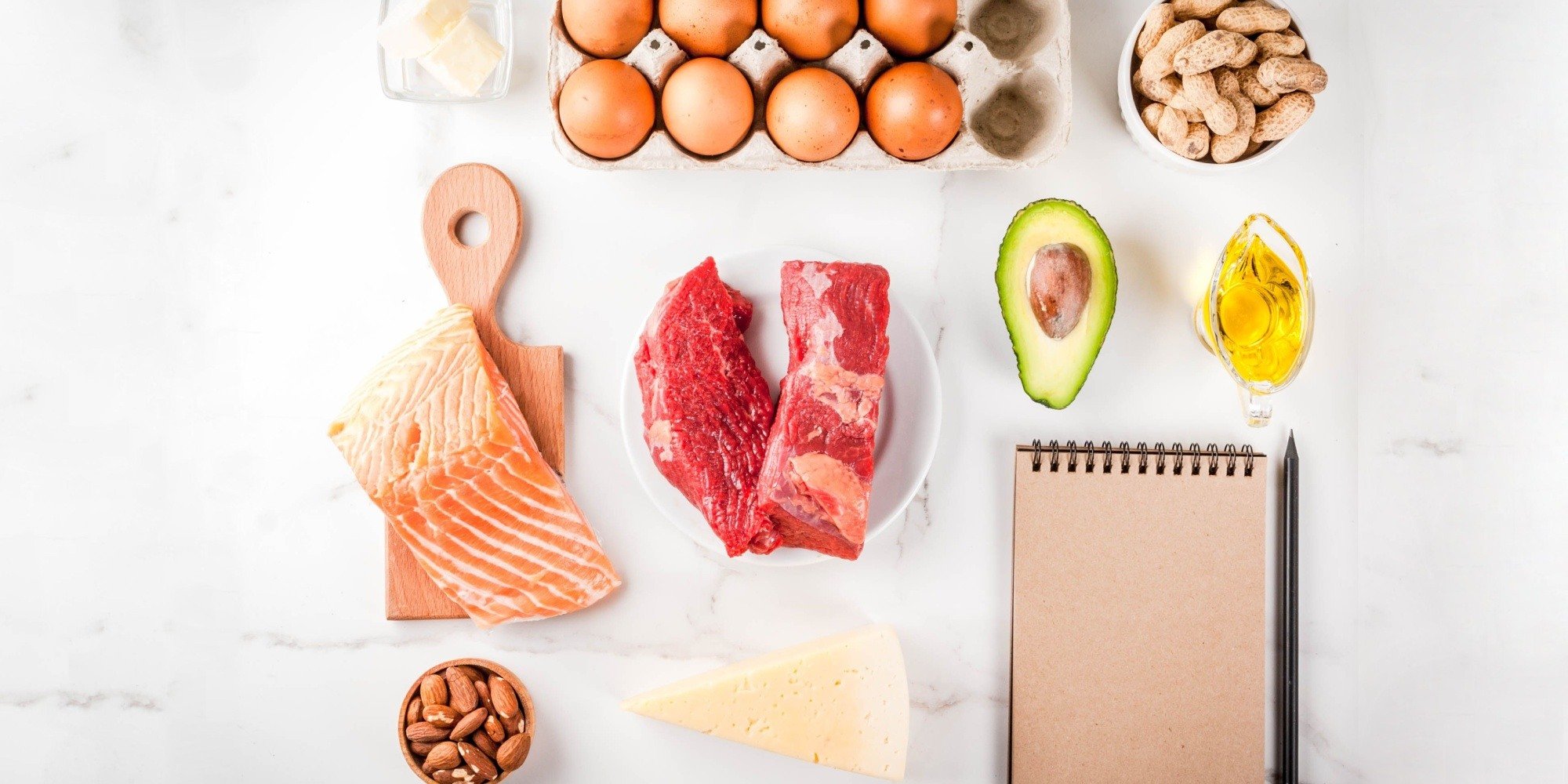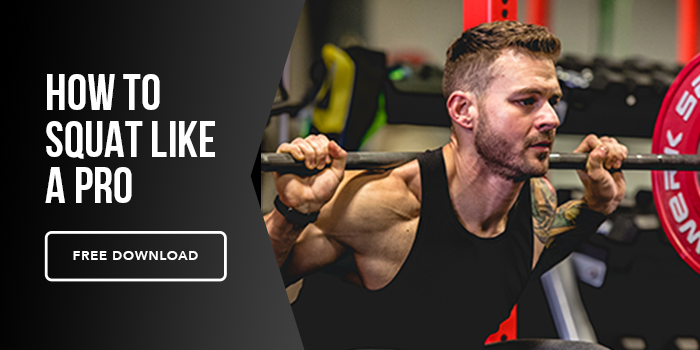Lifting weights while living off bags of Skittles is like trying to fuel a race car with lawnmower gas — you won’t get far. If you’re serious about building muscle, getting stronger, and recovering faster, what you eat is just as important as how you train.
Here’s how to optimize your nutrition to fuel your training, boost recovery, and maximize muscle growth.
1. Prioritize Protein: The Building Block of Muscle
Protein is the GOAT of muscle growth—if you don’t eat enough, you’re capping your potential gains before you even touch a barbell.
✔ How much? Aim for 1g of protein per pound of target weight daily.
✔ Best sources? Lean meats, eggs, Greek yogurt, cottage cheese, tofu, tempeh, legumes, and protein powders.
✔ Timing? Spread protein intake evenly across meals (30-40g per meal) to maximize muscle protein synthesis.
Muscles are stimulated in the gym—but they recover in the kitchen. Protein intake ensures you’re adapting properly and growing stronger with each session.
2. Get Your Carbs Right: Energy for Performance
Carbs are your body’s preferred fuel source for lifting weights. If you’re constantly feeling sluggish, you might not be eating enough of them.
✔ How much? Start with 2-3g of carbs per pound of body weight and adjust based on your training volume.
✔ Best sources? Rice, potatoes, oats, whole grains, fruit, and legumes.
✔ Timing? Eat most of your carbs around workouts—before for fuel, after for recovery.
Low-carb diets may work for some, but if you’re lifting heavy and training hard, carbs are your best friend.
3. Don’t Fear Fats: Essential for Hormones and Recovery
Fats don’t make you fat—excess calories do. And healthy fats are crucial for hormone production, joint health, and recovery.
✔ How much? Aim for 20-30% of total daily calories from fats.
✔ Best sources? Avocados, nuts, seeds, olive oil, fatty fish, and whole eggs.
✔ Why? Fats help regulate testosterone and other hormones critical for muscle growth.
Balancing your macros is key. Protein repairs, carbs fuel, and fats keep everything running smoothly.
4. Hydration: The Overlooked Performance Booster
Even slight dehydration can tank performance, strength, and recovery—yet most lifters don’t drink enough water.
✔ How much? A minimum of 100 oz per day (more if you sweat a lot).
✔ Electrolytes? If you train hard or sweat excessively, add electrolytes (sodium, potassium, magnesium) to replenish what’s lost.
✔ How to check? Your urine should be light yellow—too dark means you’re dehydrated, clear means you’re overdoing it.
Proper hydration supports muscle contractions, recovery, and performance. Don’t let something as simple as not drinking enough water hold you back.
5. Pre- and Post-Workout Nutrition: Timing Matters
What you eat before and after training can make or break your recovery.
✔ Pre-workout: Carbs + protein 30-90 minutes before (e.g., banana + whey protein or chicken + rice).
✔ Post-workout: Protein + carbs within 1-2 hours to replenish glycogen and kickstart recovery.
✔ Fats? Keep them lower around workouts to avoid slowing digestion.
Fueling properly before and after training ensures you have the energy to perform and recover efficiently.
6. Supplements: What Actually Works?
Supplements aren’t a replacement for real food—but some can enhance your nutrition plan.
✔ Creatine Monohydrate – 5g daily for strength, muscle growth, and performance.
✔ Protein Powder – A convenient way to hit daily protein goals.
✔ Caffeine – Boosts focus, strength, and endurance (use 100-250mg pre-workout if needed).
✔ Electrolytes – Helps prevent cramping and dehydration, especially if you sweat a lot.
7. Meal Frequency: How Often Should You Eat?
You don’t have to eat every 2-3 hours to build muscle—total daily intake matters more.
✔ 3-5 meals per day works best for most people—find what fits your schedule.
✔ Each meal should include protein, carbs, and fats for balanced energy and recovery.
✔ Avoid long fasting periods if muscle gain is the goal—protein synthesis is best supported by consistent intake.
Whether you prefer three big meals or six smaller ones, consistency is what matters most.
8. Stop Guessing—Track Your Intake
If you’re not seeing progress, you’re probably eating too much or too little.
✔ Use a food tracker (like MyFitnessPal) to get a reality check.
✔ Aim for at least 80% whole, nutrient-dense foods—don’t rely on junk just to hit macros.
✔ Adjust based on progress—if you’re not gaining muscle, increase calories gradually.
Tracking isn’t forever, but if you’re serious about results, you need data to make smart adjustments.
Wrap Up
✔ Protein builds muscle—hit your daily target.
✔ Carbs fuel training—don’t avoid them.
✔ Fats support hormones and recovery—get enough.
✔ Hydration is key—drink more water.
✔ Pre-and post-workout meals improve performance and recovery.
✔ Stick to proven supplements—ditch the gimmicks.
✔ Track intake and adjust as needed—don’t wing it.






